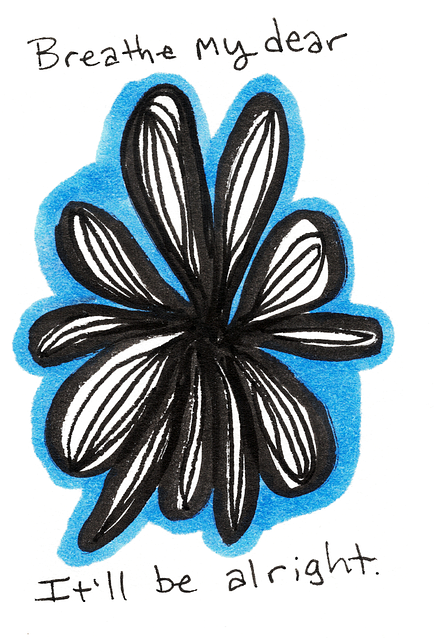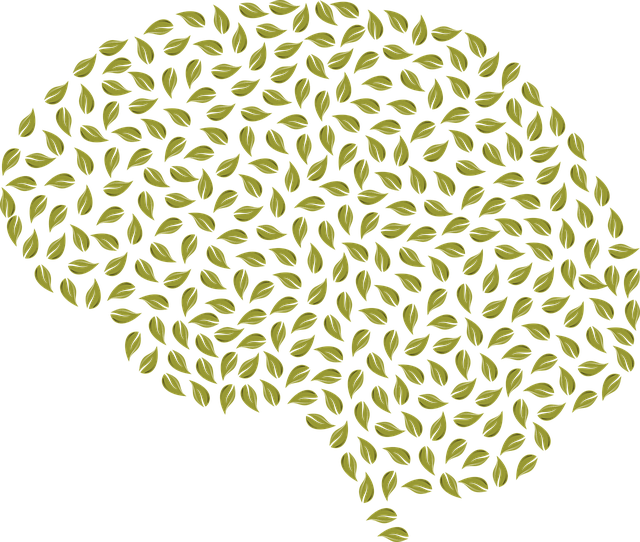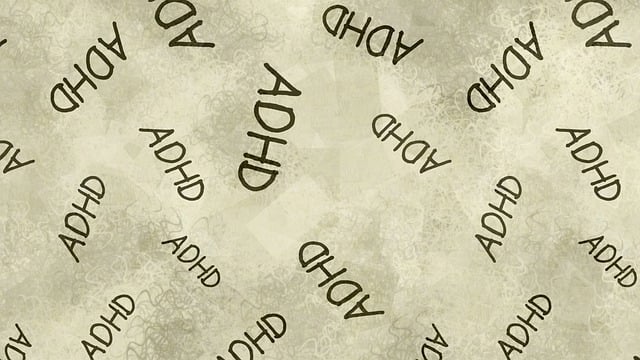Mental wellness is paramount for adults with learning disabilities, who often face unique challenges. Tailored therapy, including journaling exercises and stress workshops, equips them with tools for emotion regulation and positive thinking. Identifying personal needs and setting achievable goals, like stress management and communication strategies, improves mental health and resilience. A multifaceted self-care routine, integrating physical activity, sleep hygiene, and mindfulness, along with evidence-based practices like CBT, strengthens emotional well-being. Building resilience through therapy sessions and mental health education empowers adults with learning disabilities to navigate challenges and make informed decisions for their emotional health.
Developing a mental wellness self-care routine is essential for adults with learning disabilities, offering a powerful tool for navigating life’s challenges. This article guides you through crafting a holistic approach, from understanding the significance of mental wellness in this demographic to identifying personal needs and setting goals. We explore evidence-based practices, emphasize building resilience, and provide strategies for sustaining long-term wellbeing, tailored specifically for those navigating therapy for adults with learning disabilities.
- Understanding Mental Wellness and its Significance for Adults with Learning Disabilities
- Identifying Personal Needs and Goals for Self-Care
- Crafting a Multi-Faceted Self-Care Routine
- Incorporating Evidence-Based Practices and Techniques
- Building Resilience and Sustaining Long-Term Wellbeing
Understanding Mental Wellness and its Significance for Adults with Learning Disabilities

Mental wellness is a crucial aspect of overall health, especially for adults with learning disabilities who often face unique challenges. Understanding and prioritizing mental wellness can be transformative in their lives. It involves recognizing and managing emotions, cultivating positive thinking patterns, and developing coping strategies to navigate life’s stressors. For individuals with learning disabilities, who might struggle with communication and understanding complex concepts, dedicated therapy sessions become essential tools for self-expression and emotional regulation.
Therapy for Adults Learning Disability can provide tailored guidance on various mental wellness practices. One effective method is Mental Wellness Journaling Exercise Guidance, which encourages individuals to reflect on their thoughts and feelings daily. This simple yet powerful practice helps in identifying triggers for stress and anxiety, allowing for better management through mindfulness techniques and self-care rituals. Additionally, participating in Stress Management Workshops Organization can offer valuable tools for dealing with everyday pressures, fostering a sense of control and resilience among adults with learning disabilities.
Identifying Personal Needs and Goals for Self-Care

Identifying your personal needs and goals is a fundamental step in developing a meaningful self-care routine, especially for adults with learning disabilities who may require extra support. This process involves introspection and understanding what brings you joy, relaxation, and a sense of accomplishment. Consider what activities or practices make you feel more grounded, calm, or energized. For instance, some individuals thrive through physical activity, finding solace in sports or yoga, while others may prefer creative outlets like painting or writing as their form of therapy for adults learning disability.
Setting achievable goals is crucial. These could be related to managing stress, improving sleep quality, enhancing communication strategies (including empathy building techniques), or even developing a risk management planning system tailored to your specific needs. Incorporating these into your self-care routine ensures that you’re not only addressing your current mental health but also laying the foundation for long-term well-being and resilience, particularly when utilizing effective communication strategies in therapy sessions.
Crafting a Multi-Faceted Self-Care Routine

Developing a multi-faceted self-care routine is an essential aspect of maintaining and improving mental wellness. It involves incorporating diverse practices that cater to various dimensions of your well-being, such as physical health, emotional resilience, cognitive function, and social connections. Unlike one-size-fits-all approaches, this holistic strategy recognizes that individual needs are unique, requiring tailored solutions. For individuals with learning disabilities, a comprehensive self-care routine can be particularly beneficial, offering structured yet adaptable practices to enhance their mental wellness journey.
Integrating therapy for adults with learning disabilities into your self-care regimen is one such strategic move. It provides valuable tools and techniques, aligning with the Mind Over Matter principles, to manage and reduce stress effectively. Stress Management Workshops Organization offers a range of evidence-based methods designed to equip individuals with coping strategies that can be seamlessly integrated into daily routines. By combining these professional interventions with personal practices like mindfulness exercises, regular physical activity, adequate sleep hygiene, and fostering meaningful social interactions, one can create a powerful self-care routine that promotes overall mental wellness, even when navigating the challenges of a learning disability.
Incorporating Evidence-Based Practices and Techniques

Incorporating evidence-based practices into your self-care routine is a powerful way to enhance mental wellness. These practices have been extensively studied and proven effective in various therapeutic contexts, including therapy for adults with learning disabilities. Techniques such as cognitive behavioural therapy (CBT) can help individuals challenge negative thought patterns and develop healthier coping skills. By integrating these evidence-based methods, you’re not only improving self-esteem but also cultivating robust coping strategies that support overall mental wellness.
Additionally, mindfulness practices, a key component in many therapeutic approaches, encourage living in the present moment, reducing anxiety and stress. This, coupled with regular physical activity and adequate sleep hygiene, forms a solid foundation for maintaining good mental health. Incorporating these evidence-based techniques allows you to create a self-care routine that not only addresses immediate needs but also fosters long-term resilience and emotional well-being.
Building Resilience and Sustaining Long-Term Wellbeing

Building resilience is a cornerstone of sustaining long-term wellbeing. It equips individuals to navigate life’s challenges and adapt to change. For adults with learning disabilities, this involves incorporating specific strategies tailored to their unique needs into their self-care routines. Regular therapy sessions, whether through individual counselling or group support, can foster coping mechanisms, enhance problem-solving skills, and promote emotional regulation—all vital components of resilience.
Integrating mental health education programs designed for this demographic further empowers individuals. By learning about their emotions, triggers, and effective stress management techniques, they gain a sense of control over their mental wellness. This, in turn, contributes to improved self-esteem and confidence, enabling them to make informed decisions regarding their emotional well-being—a key aspect of risk management planning for mental health professionals.
Developing a comprehensive mental wellness self-care routine is a powerful tool for adults with learning disabilities, enabling them to navigate life’s challenges and thrive. By understanding their unique needs, setting personal goals, and incorporating evidence-based practices, individuals can build resilience and sustain long-term wellbeing. This holistic approach, which includes multi-faceted routines and focused care, empowers those with learning disabilities to access therapy effectively and lead fulfilling lives, fostering a sense of independence and overall mental wellness.












